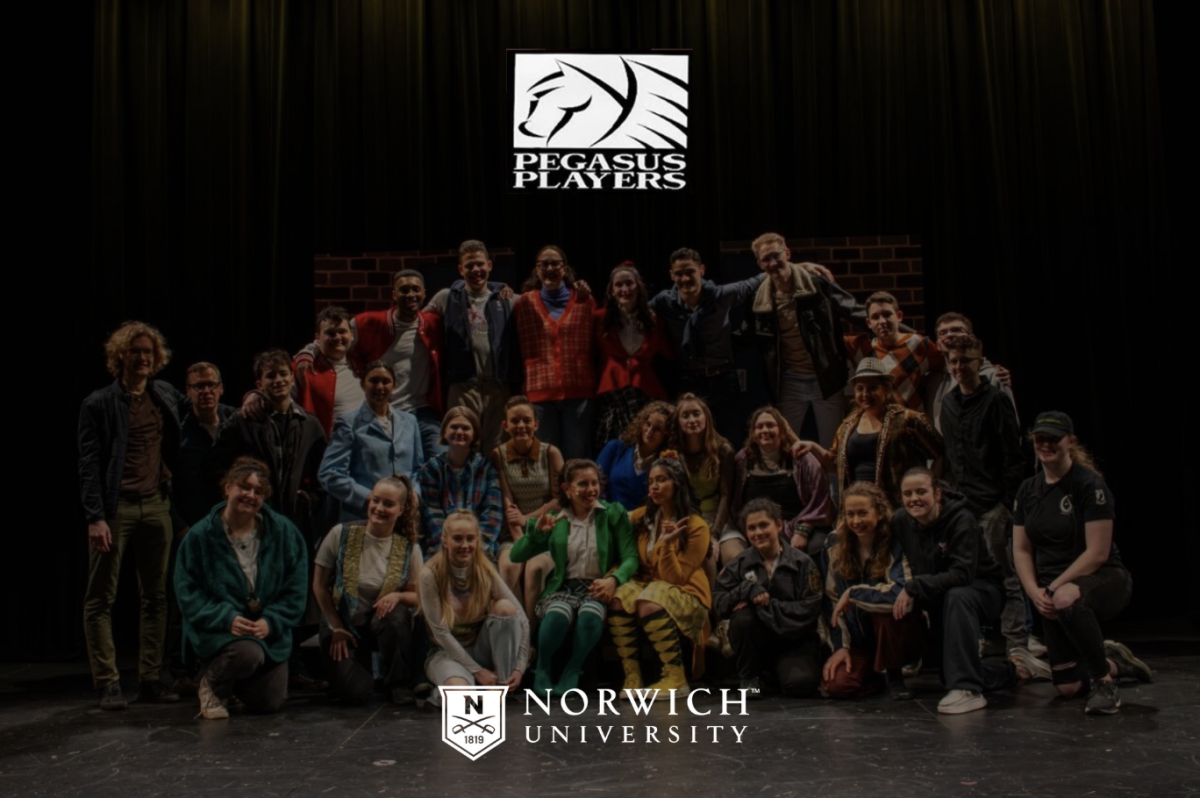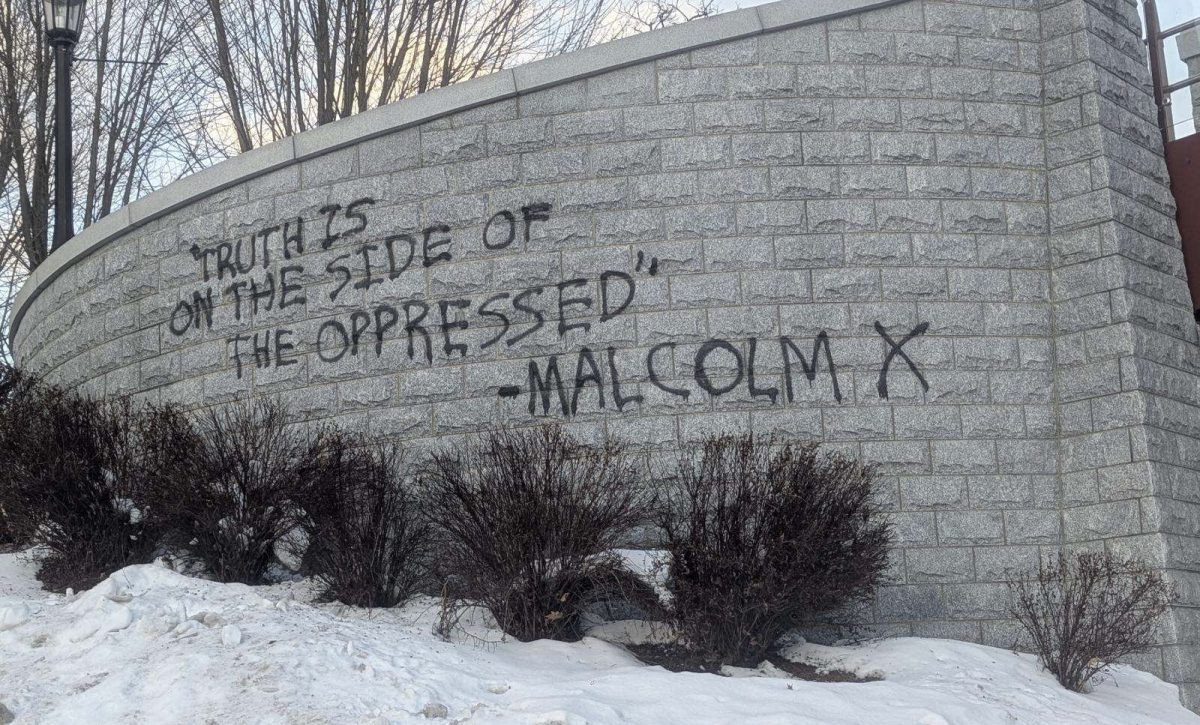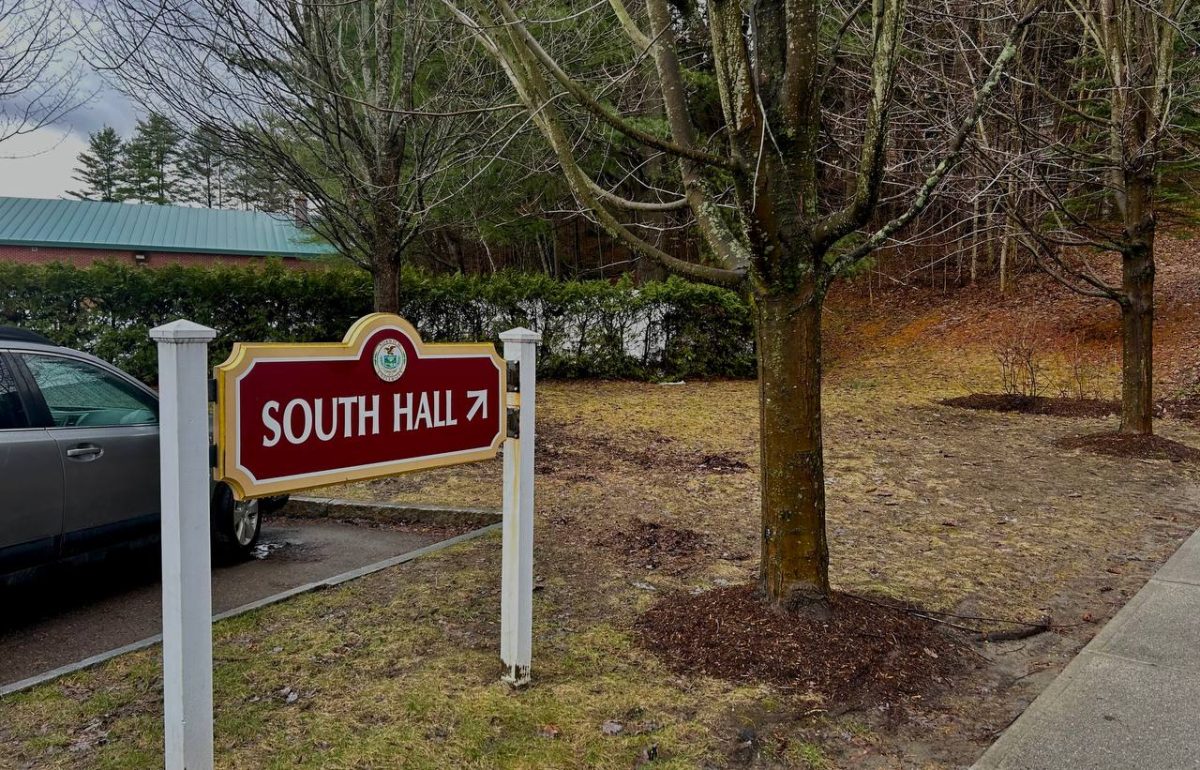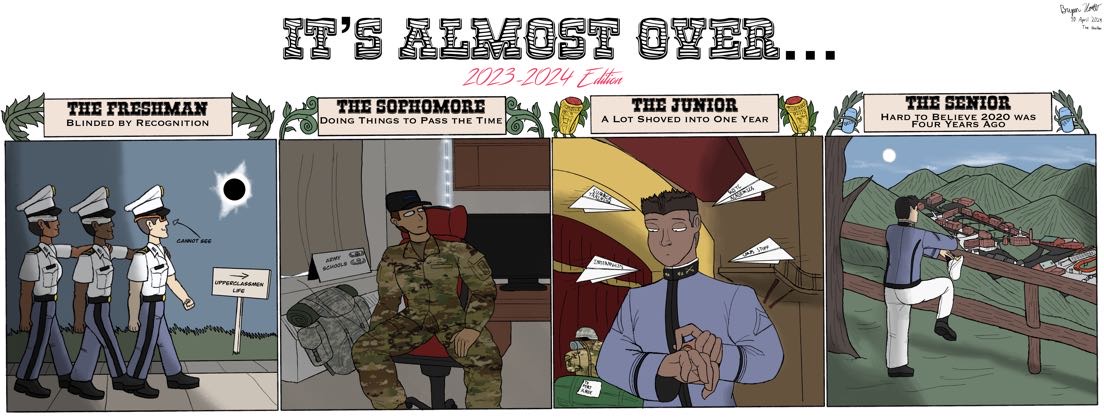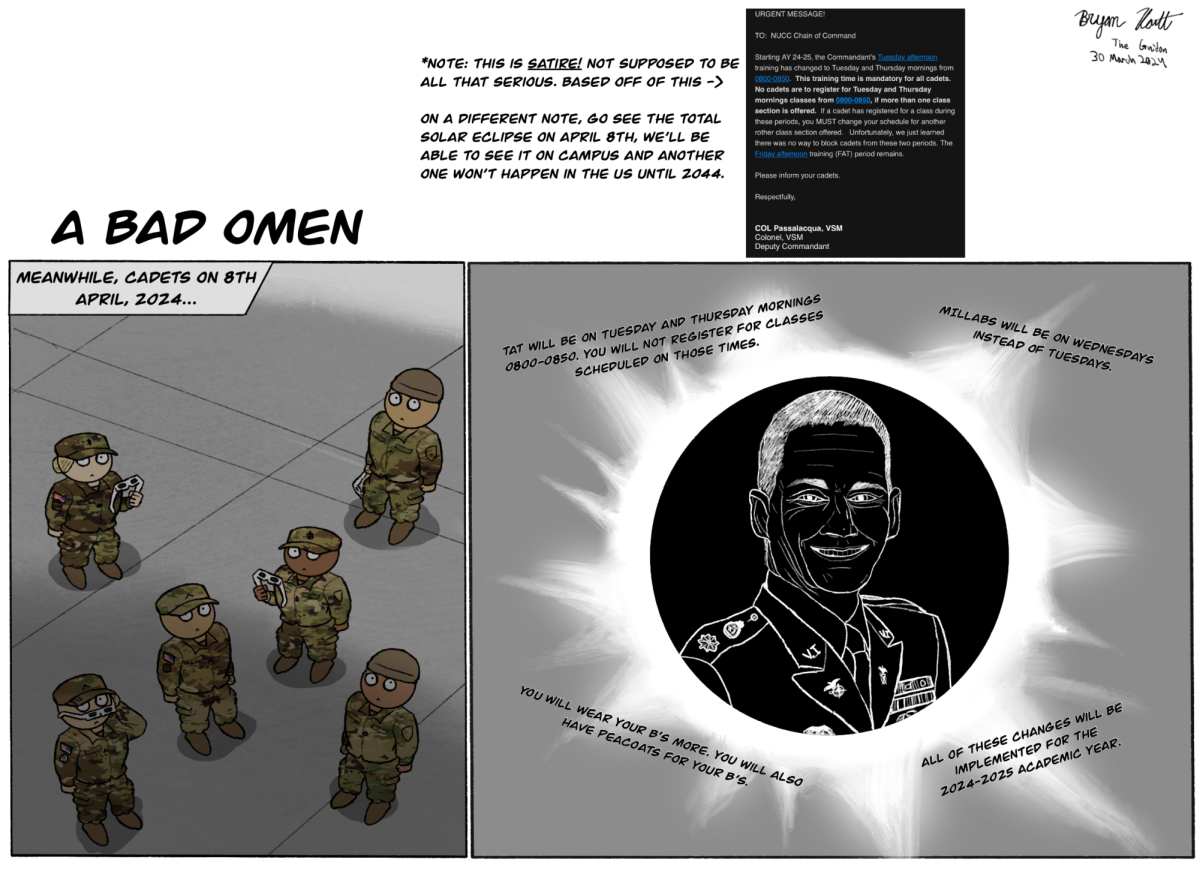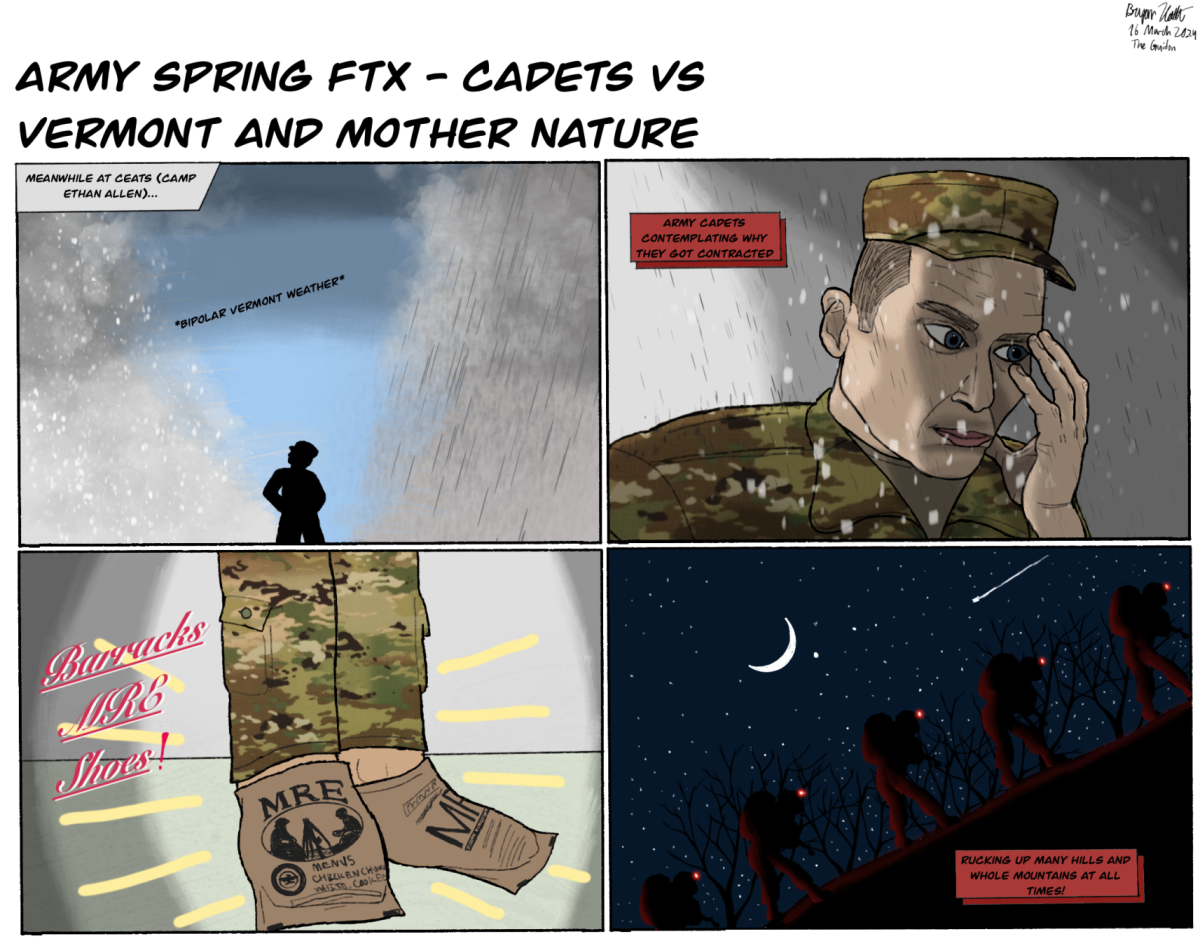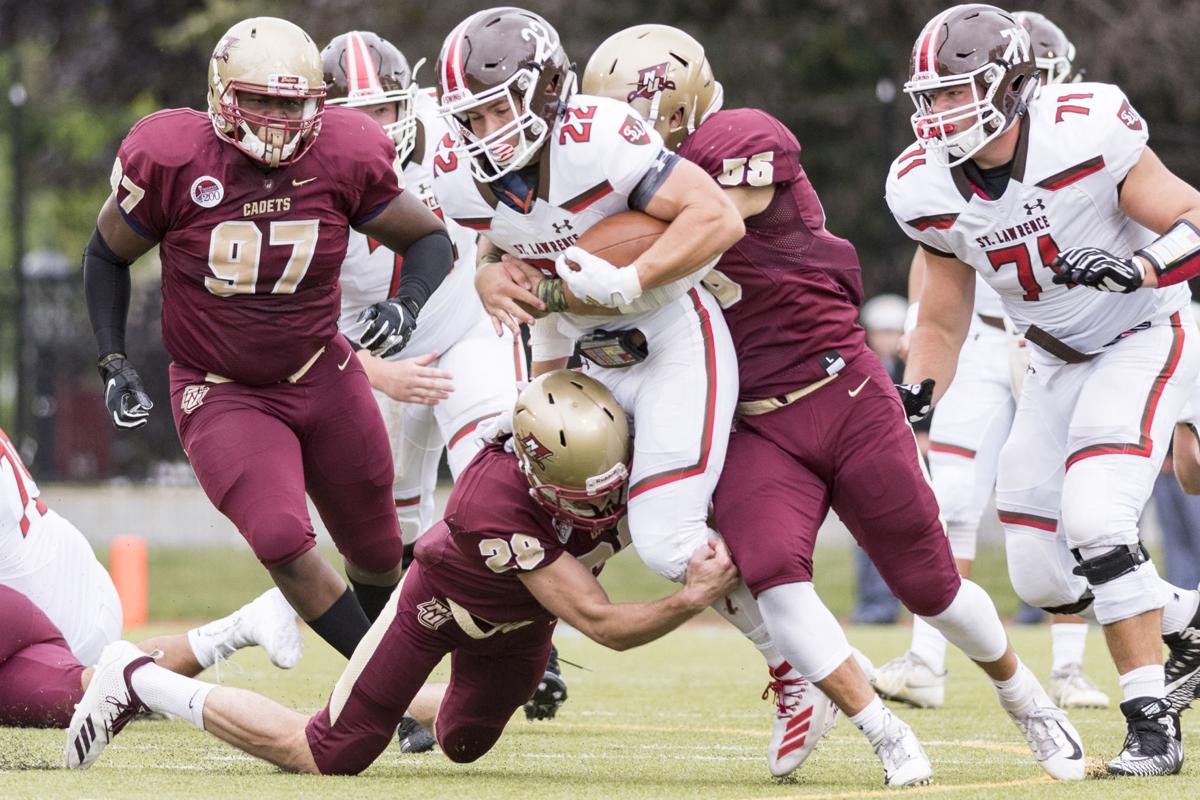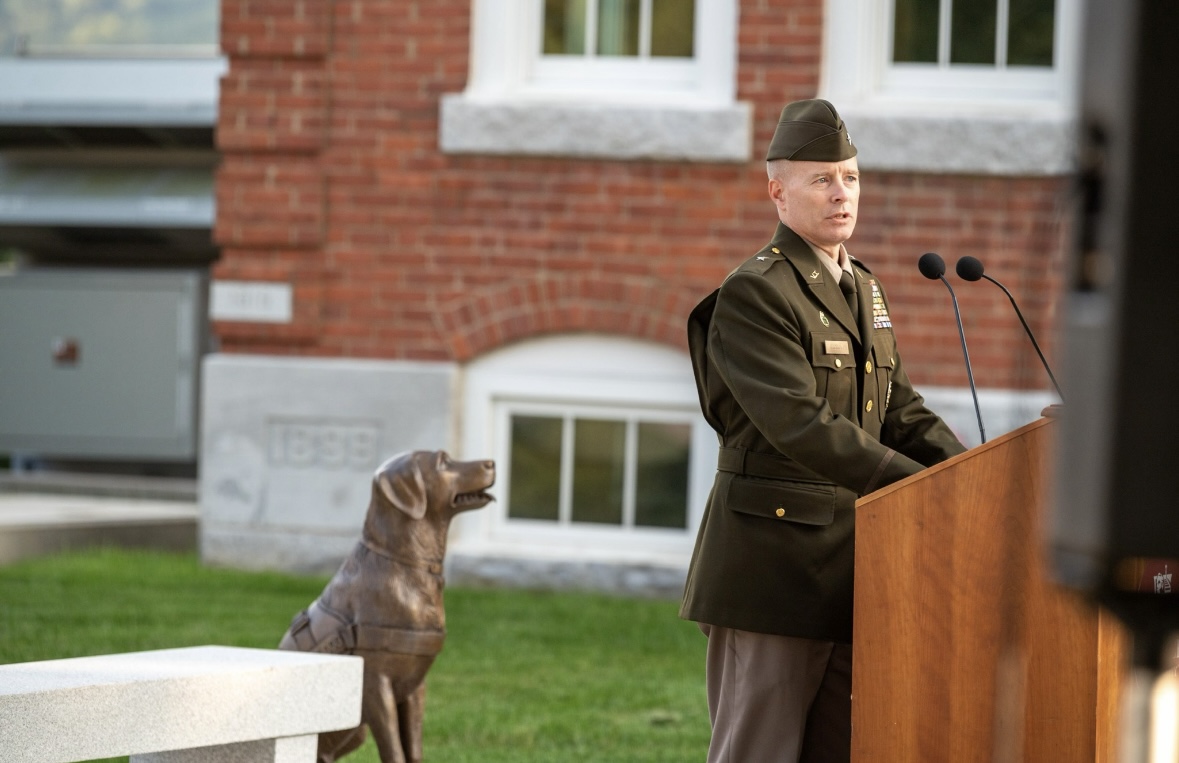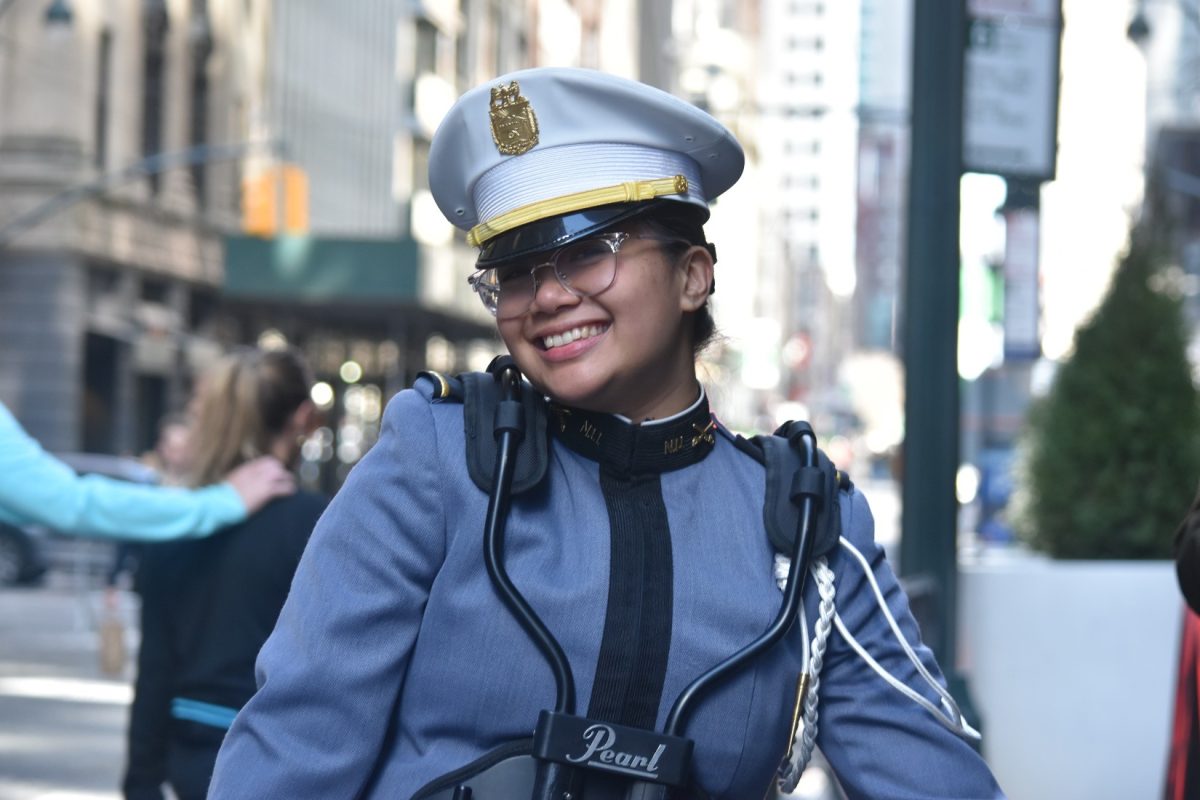Controversy surrounds Norwich University’s annual “Sex Signals” presentation, igniting a divisive debate among students.
“To my memory, a lot of the sex signals event this year was similar to the one I experienced during the orientation week of my first year,” said Ryan Thompson,19, a sophomore civilian Nursing major from Bow, New Hampshire.
The “Sex Signals” presentation, a long-standing tradition during orientation, seeks to address critical issues like consent and sexual assault on college campuses. However, recent reactions have cast doubt on its relevance and effectiveness, prompting a more profound examination.
“Much of the content followed the same trend as last year as well…, but I think there were some misinterpretations that may have been made from crowd answering that skewed the topics a bit, like the religion thing, which I think was taken in the wrong direction by the presenters,” said Thompson.
This year’s presentation appeared to offer little new information, leading some students to question its effectiveness in engaging them.
During the presentation, controversial comments, such as representatives referring to the chapel as a location for romantic encounters, created a palpable sense of discomfort among attendees.
“The comment about the chapel being a place where students get it on was quite disturbing,” said Abbey Houghton, 19, a sophomore civilian Nursing major from Dover, New Hampshire.
“It is a place of worship, and as they said that comment, you could feel the room get weird and tense. As a person who has respect for those who are fairly religious, even when I walked out of that event rubbed the wrong way,” said Houghton.
Students found the tone and content of the presentation to be problematic, leading to a heated campus-wide discussion.
“Sex Signals” has been a fixture of Norwich University for years, garnering positive feedback in the past. However, the current controversy has triggered a reevaluation of its content and approach, raising questions about its continued relevance.
As the debate intensifies, Norwich University is grappling with the challenge of addressing student concerns while ensuring the effectiveness of its sexual violence prevention programs.
The ongoing debate centers on whether “Sex Signals” can be improved through thoughtful content and a streamlined format or if the university should reconsider its partnership with Sex Signals representatives.
As discussions continue, the university must strike a balance between addressing student concerns and maintaining a robust sexual violence prevention program. In this evolving landscape, adapting to the changing dynamics of sexual violence prevention on college campuses remains a priority.
“All sexual violence prevention work needs to be ever-evolving to serve the needs of the community,” said Danielle Slauzis, Assistant Vice President of Diversity, Equity, and Inclusion.
“Just because something has always been done does not mean it needs to keep being done,” said Slauzis.
“I welcome and value community feedback and input to ensure that we are directing resources, time, and energy to effective and meaningful programs.”


